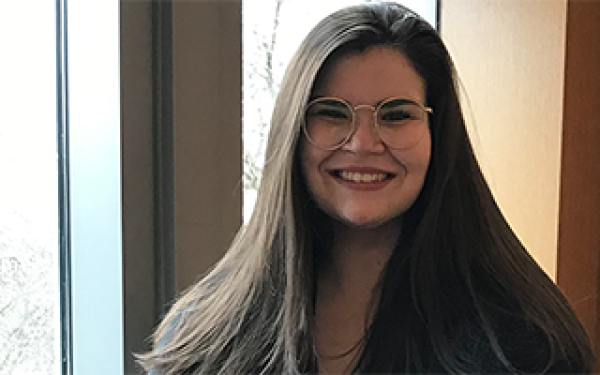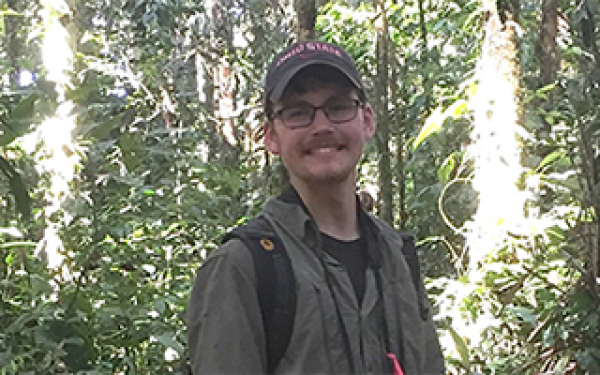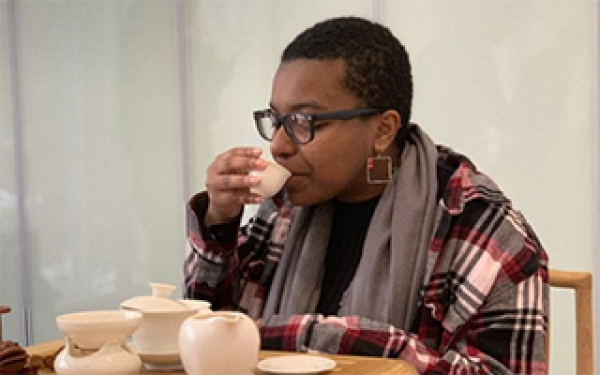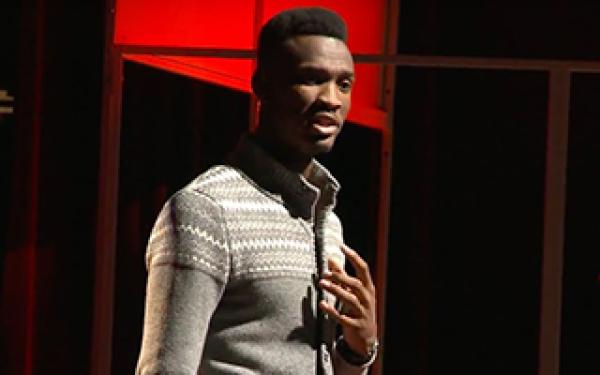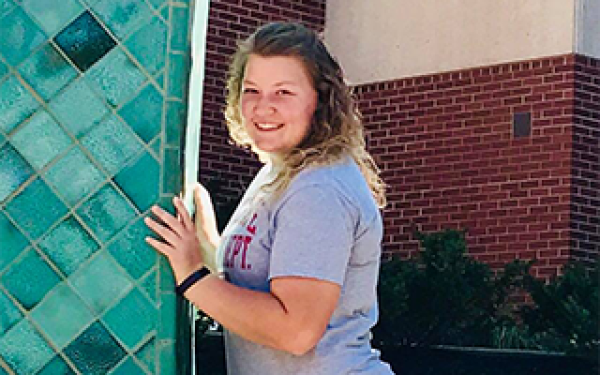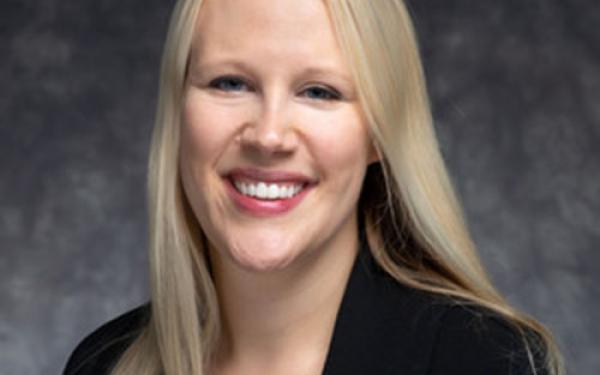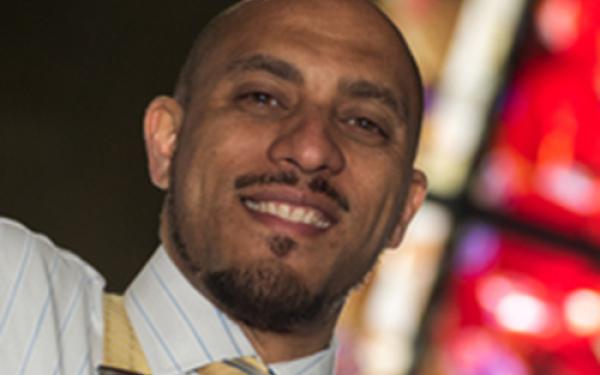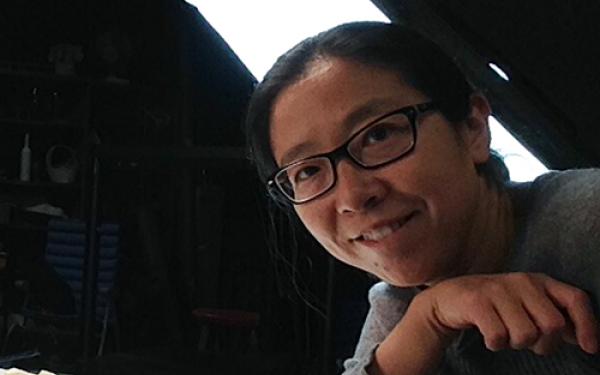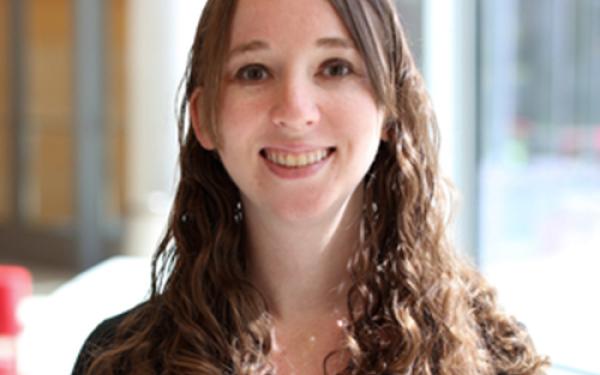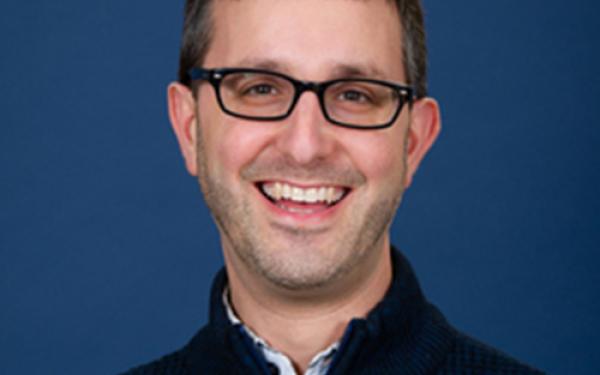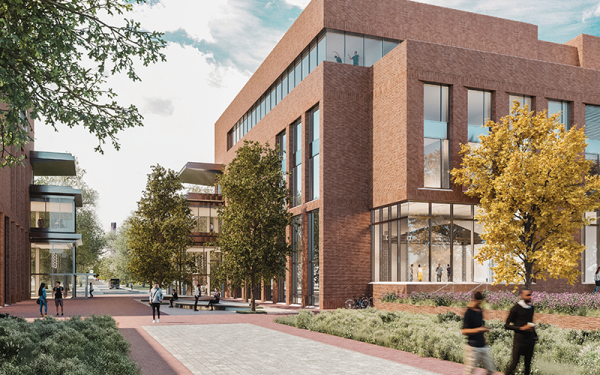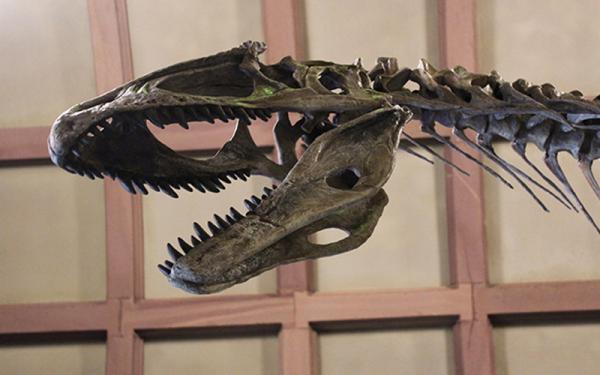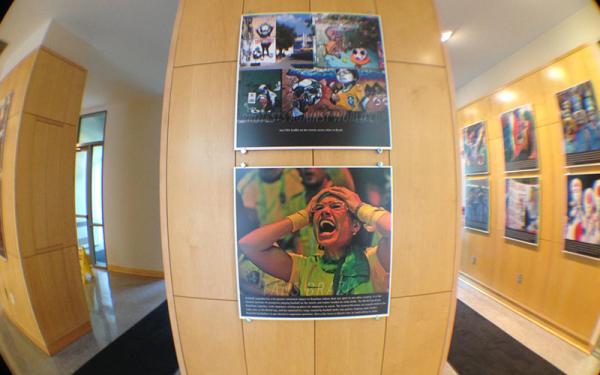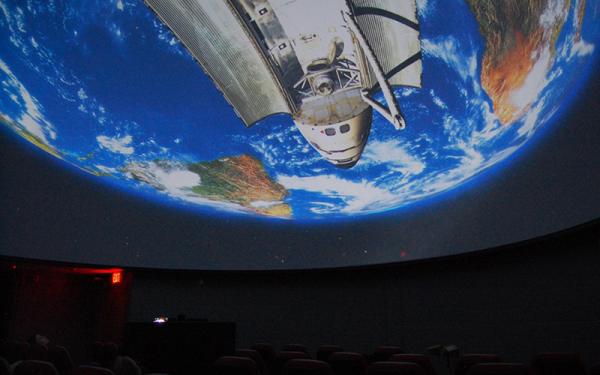We don’t know where you’ll go from here, but we know how to get you there.
Explore, discover and find your fascination in the College of Arts and Sciences, a community that pushes disciplinary boundaries to meet some of the most challenging problems of our society.
Here, you’ll receive an affordable education that does not compromise on quality. You’ll learn from some of the world’s most respected faculty and researchers who will guide and challenge you to reach your full potential. You’ll gain the experience — through global education, service learning and internship opportunities — that you need to transform yourself and the world.
You'll work at the intersection of disciplines
The Departments of Philosophy, Political Science and Economics have teamed up, along with the Center for Ethics and Human Values and Institute for Democratic Engagement and Accountability, to offer a bachelor of arts in Philosophy, Politics and Economics (PPE), which will train students to think across traditional boundaries. The PPE major includes training in all three core disciplines, enabling students to study the forces and institutions that shape the modern world from more than one perspective.
Mimi Lamantia '16 combined her interests in dance and medicine for her research program, Argentine Tango for Cancer Survivors, which earned funding as a part of the Pelotonia Fellowship.
She had an able guide and mentor in Lise Worthen-Chaudhari, a former dancer and research scientist, who served as associate director of the Human Motion Analysis and Recovery Laboratory within Dodd Hall at The Ohio State University Wexner Medical Center. Worthen-Chaudhari's lab was the perfect place for Lamantia to cultivate her ideas about dance and the ways it could help people with movement challenges.
Associate professor of microbiology Jesse Kwiek and associate professor of history Thomas McDow co-teach HIV: From Microbiology to Macrohistory. The course, which is cross-listed between history and microbiology, examines HIV through an interdisciplinary lens, studying its global, historical expansion, as well as its evolution at the molecular level.
Drawing from multiple arenas of expertise and examining a topic through various contexts isn’t just a viable approach to learning about HIV. The course helps students realize the benefits of approaching other fields with a broader mindset.
Motomu Ibakari, associate professor of Earth sciences and environmental health, was present in Japan during the 2011 earthquake that shook the country and sent a devastating tsunami that caused nuclear meltdowns at the Fukushima Daiichi Nuclear Power Plant. Upon realizing how one major incident changed the course of so many lives, Ibaraki decided to fuse the disciplines of public health and Earth sciences into one global education course, titled "Field Experience in Global Public Health: Japan."
Art and Technology is an interdisciplinary area of study in the Department of Art focused on the creative use, misuse and investigation of technology through art making. Courses are interdisciplinary in nature and combine research techniques and inspiration from the arts and sciences. Graduate and undergraduate students in computer information science, design, mechanical and aerospace engineering, biosciences, humanities, art, studio art and film studies have all engaged in courses on this topic in the past.
Racial health disparities have for years been a major issue for Dr. Quinn Capers, a cardiologist at the Wexner Medical Center and associate dean for admissions in the College of Medicine. After earning his medical degree from Ohio State in 1991, Capers was a resident trainee at an academic medical center in Atlanta when he saw two people — a black man and a white man who both came in suffering heart attacks — receive vastly different treatment.
That disconcerting experience fueled Capers’ desire to raise awareness of racial health disparities, and he co-taught an undergraduate course he created around the topic, AFAMAST 4326: Race and Medicine.
When artists, scientists and scholars collaborate to tackle some of our most pressing challenges, the creative spark is undeniable. For the Collaboration for Humane Technologies, a cross-disciplinary network of some of the most innovative thinkers in their fields, it is that creative spark that makes new, inspiring ideas for a better future possible.
Working in tandem, these Humane Technology partners join a growing movement in the technology industries toward putting human concerns at the forefront of innovation. Research topics include robotics for assisted living; simulations to improve empathy in dementia care; games for well-being; stress reduction through mindfulness in virtual reality; data humanism and health insurance in artificially intelligent futures; and more.
You'll experience campus in new and exciting ways
You'll get the support you need to succeed
Throughout their education in the College of Arts and Sciences, every student goes on their own unique journey, discovering new passions, gaining new experiences and growing inside and outside of the classroom. Our academic advisors support students at every step of the way, helping ensure each student finds and succeeds in the right path for themself.


